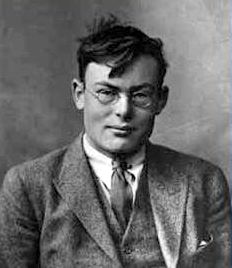A Quote by Frank P. Ramsey
Science, history and politics are not suited for discussion except by experts. Others are simply in the position of requiring more information; and, till they have acquired all available information, cannot do anything but accept on authority the opinions of those better qualified.
Related Quotes
It does seem to me, though, that the countries that gained most from World Summit on the Information Society are those that saw it as an opportunity to engage in more diverse discussion about the issues internally and to seek to raise the quality of debate (both in terms of information and understanding).
There's a lot of health information available on your smart phone. There's financial information. There's your conversations, there's business secrets. There's an enormous long list of things that there's probably more information about you on here than exists in your home, right. Which makes it a lot more valuable to all the bad guys out there.
The term "informatics" was first defined by Saul Gorn of University of Pennsylvania in 1983 (Gorn, 1983) as computer science plus information science used in conjunction with the name of a discipline such as business administration or biology. It denotes an application of computer science and information science to the management and processing of data, information and knowledge in the named discipline.
It can be tempting to blame others for our loss of direction. We get lots of information about life but little education in life from parents, teachers, and other authority figures who should know better from their experience. Information is about facts. Education is about wisdom and the knowledge of how to love and survive.
Injection of environmental and political perspectives in midstream of the science discussion cannot help the process of inquiry. I believe that persons with relevant scientific expertise should concentrate, with pride, on cool objective analysis, providing information to the public and decision-makers when it is found, but leaving the moral implications for later common consideration, or at most for summary inferential discussion.









































